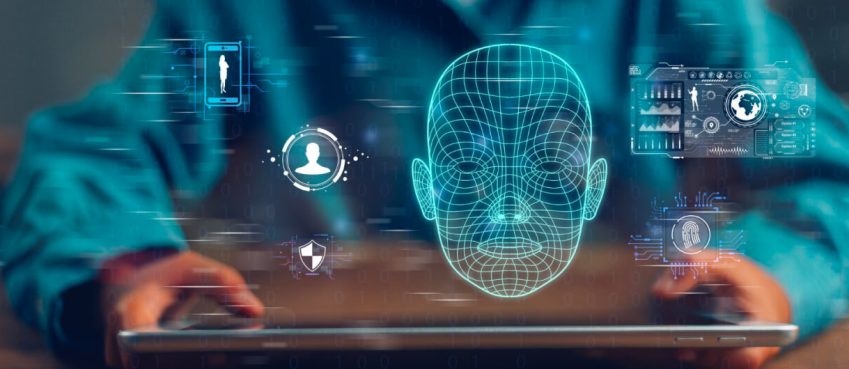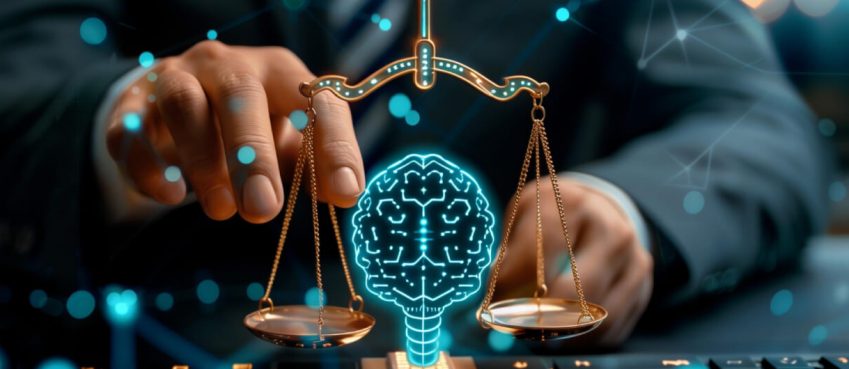
Going by statistics, air travel is one of the safest means of transportation in the world. Despite all the fatal crashes that made the news last year, 2019 was actually the third safest year in aviation history. There had been 14 accidents (one per 3.2 million flights) and 267 fatalities. When one compares statistics from the last five years to the beginning of the century (where fatalities surpassed 1000), the easy conclusion is that air safety has improved.
Yet, there is still a lot of concern. Air crashes are almost always fatal; one is more likely to survive any other transportation accident than an air crash. Therefore, the aviation industry is highly monitored and regulated to maintain the highest standards of safety at all times.
Artificial Intelligence has proved revolutionary, with its many applications across various fields, aviation inclusive. Meanwhile, other emerging technologies touted to make a mark in aviation include mixed reality (AR and VR), and IoT (particularly in avionics). However, increasingly, airlines and airports are banking on AI to combat various challenges and explore opportunities to enhance air safety. This article explores different applications of AI in the aviation industry to improve safety.
Air Traffic Management
According to Philippe Merlo of EUROCONTROL, “we already have tools which analyze trajectories automatically, can detect conflict risks and help air traffic controllers to avoid errors. Human errors are rare, thanks to controllers’ training and skills, however, they remain the biggest safety risk in ATC…”
AI helps to build more efficient systems for flight planning and predictive analytics in aviation. These can cover for slips by human engineers and traffic controllers, which may otherwise prove disastrous.
Also read: [10 New] Alternatives For T Bar Row Exercises To Build Lats (With Pictures)
Predictive Maintenance
Poor or neglected maintenance has been responsible for many delays and crashes. Predictive analytics draws upon AI and other technology to predict the future by analyzing current data. While humans continue to perform routine checks on aircraft to ensure that they are safe for travel, AI can do a better job by assessing risks and foreseeing imminent faults in the aircraft. This would help the human technicians replace parts and fix other issues long before they become serious enough to result in a crash. Airlines and airports can use AI to conduct full safety assessments for aircraft to certify them fit for take-off. All these reduce the possibilities of oversight and unplanned maintenance.
Weather Forecast and Monitoring
The accuracy of weather predictions has increased over the years, with the use of better technology, but it is still not at 100% and so not completely reliable. With AI, however, experts can analyze so much data in so little time to give more precise weather forecasts. This does not affect aviation alone but has significant impacts on and potentials in the industry.
With smarter real-time weather forecasts, AI enables pilots to make better decisions regarding travel routes. By continuously monitoring weather before, and during flights, AI systems can identify the safest route for an airliner to travel. Airlines do not have control over the weather. But, at least, armed with enough information, they can foresee disruptions and guarantee safety better.
AI Pilots
Modern air travel is unlike driving a car. Contrary to what laypersons think, airline pilots are not in control the entire time. Most airplanes run on autopilot, with interventions as necessary by the human pilots. However, the emergence of ‘AI in the cockpit’ would cause significant transformations, including the elimination of human pilots themselves.
Last year, an AI pilot landed a small plane carrying passengers. We can expect more of that. Next-generation airplanes could be driven by AI, which would be the main technology for auto-pilot functions. In fact, they may become so efficient that a second pilot is no longer needed for flights. Just like self-driving cars, we may soon see autonomous airplanes, as Boeing had shown earlier last year.
Also read: 30 Best Money Making Websites, Top Rated Money Earning Websites (No Cash Deposit!)Airport Security
Areas that AI help ensure better airport security include security scanners and biometrics. In 2018, the US government announced the roll-out of AI-equipped CT scanners that would identify threats smarter, with less thorough bag checks. The main advantage of AI systems is that they feed on data and so improve with use.
Apart from baggage screening, AI is also useful for identity management and biometric clearance at airports. These contribute to the overall security and safety of passengers, aircraft and the airport as a whole.
Also read: Top 10 Business Intelligence Tools of 2021
Conclusion
The admittance of human limitation makes clear the necessity for technological interventions, at the top of which is artificial intelligence and machine learning. And the potentials are massive. However, a limitation to the full-scale adoption of AI is the high cost of building such systems. Hopefully, the system would become less so in the near future.
Top 10 News
-
01
[10 BEST] AI Influencer Generator Apps Trending Right Now
Monday March 17, 2025
-
02
The 10 Best Companies Providing Electric Fencing For Busines...
Tuesday March 11, 2025
-
03
Top 10 Social Security Fairness Act Benefits In 2025
Wednesday March 5, 2025
-
04
Top 10 AI Infrastructure Companies In The World
Tuesday February 11, 2025
-
05
What Are Top 10 Blood Thinners To Minimize Heart Disease?
Wednesday January 22, 2025
-
06
10 Top-Rated AI Hugging Video Generator (Turn Images Into Ki...
Monday December 23, 2024
-
07
10 Top-Rated Face Swap AI Tools (Swap Photo & Video Ins...
Friday December 20, 2024
-
08
10 Exciting iPhone 16 Features You Can Try Right Now
Tuesday November 19, 2024
-
09
10 Best Anatomy Apps For Physiologist Beginners
Tuesday November 12, 2024
-
10
Top 10 Websites And Apps Like Thumbtack
Tuesday November 5, 2024







